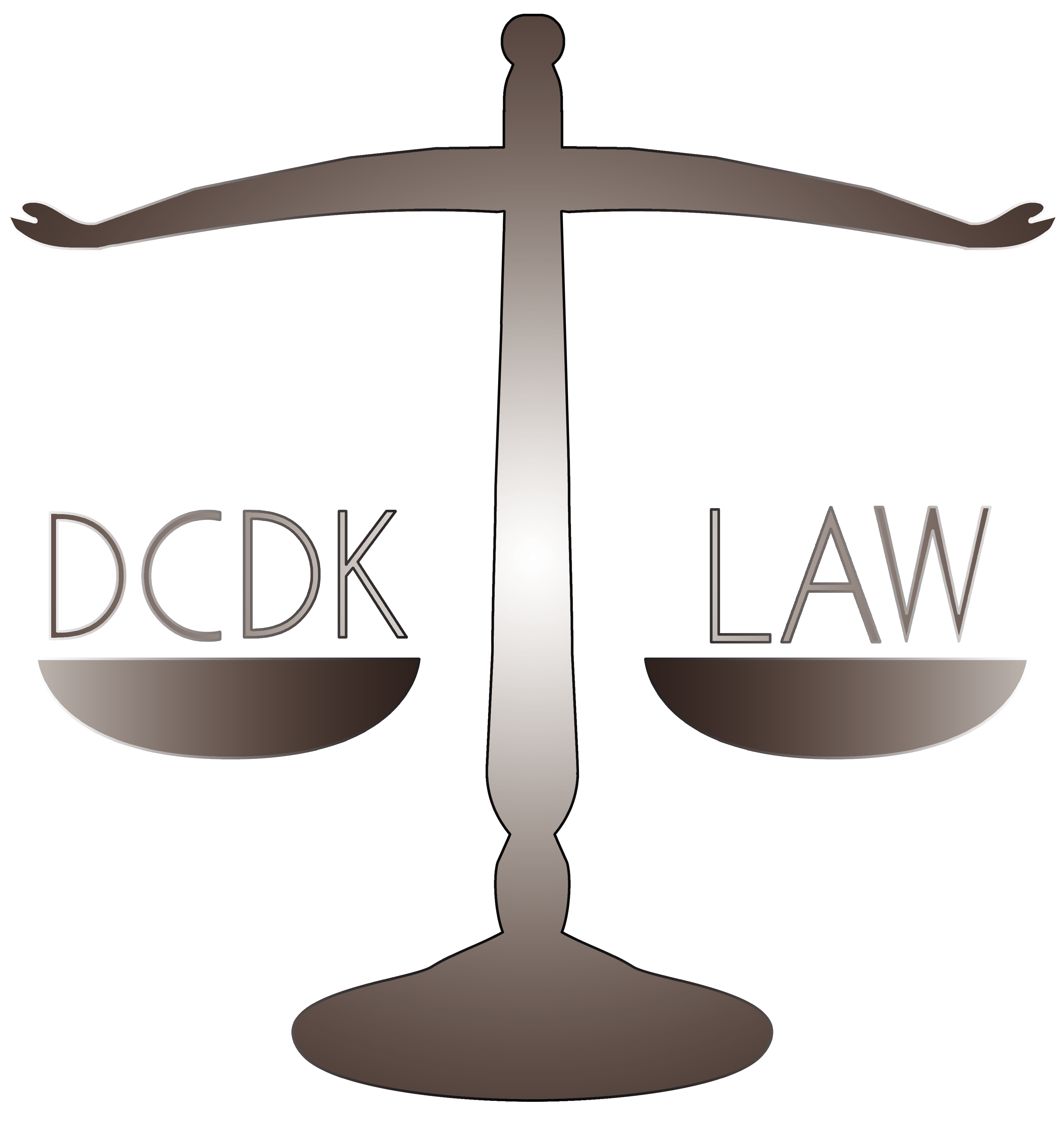The EB-1 visa is a pathway to lawful permanent residency in the United States. The EB-1 visa is intended for individuals with extraordinary abilities, outstanding professors and researchers, and multinational managers or executives. As with any immigration option, the EB-1 visa comes with its own set of advantages and disadvantages. The EB-1 visa is also known as the Employment-Based First Preference visa.
Benefits:
- Priority Status: One of the most significant advantages of the EB-1 visa is its priority status. Applicants in this category are not subject to the lengthy waiting periods common in other visa categories. Other immigration categories do not have this advantage.
- No Labor Certification Required: Unlike many other employment-based visas, the EB-1 visa does not require a labor certification process. This exemption streamlines the application process for both the applicant and the sponsoring employer.
- No Job Offer Needed: EB-1 applicants do not necessarily need a specific job offer from a U.S. employer. This flexibility allows individuals with extraordinary abilities or significant achievements in their field to self-petition for the visa.
- Permanent Residency: Successful EB-1 visa applicants are granted permanent residency in the United States, commonly known as a Green Card. This status provides individuals with the freedom to live and work in the U.S. indefinitely. You will also be eligibile for citizenship after meeting certain requirements.
Challenges:
- Stringent Eligibility Criteria: The eligibility criteria for the EB-1 visa are extremely high, requiring applicants to demonstrate extraordinary abilities, outstanding research or teaching credentials, or executive-level positions in multinational companies. Meeting these standards can be challenging for many applicants.
- Limited Annual Quota: The EB-1 visa is not subject to a per-country quota. However, USCIS does limit the number of visas issued in this category. As a result, the demand for EB-1 visas often exceeds the available supply, leading to competition among applicants.
- Complex Application Process: The EB-1 visa application process involves extensive documentation and evidence to support the applicant’s eligibility. From gathering letters of recommendation to providing evidence of achievements, navigating the complexities of the application can be time-consuming and daunting.
Process:
- Determine Eligibility: Assess whether you meet the eligibility criteria for one of the three EB-1 subcategories: Extraordinary Ability, Outstanding Professor or Researcher, or Multinational Manager or Executive.
- Gather Documentation: Compile comprehensive documentation to support your EB-1 petition, including evidence of achievements, letters of recommendation, and any relevant awards or honors.
- File Form I-140: Submit Form I-140, Immigrant Petition for Alien Worker, along with supporting documents to the United States Citizenship and Immigration Services (USCIS).
- Await Approval: Once USCIS approves your Form I-140, you may proceed with adjusting your status to lawful permanent resident or applying for an immigrant visa through consular processing, depending on your circumstances.
Conclusion:
The EB-1 visa offers a unique opportunity to obtain permanent residency in the United States. Our immigration lawyers recommend this option for individuals with extraordinary abilities or significant professional accomplishments. Yes, the EB-1 visa comes with its challenges. Nevertheless, the benefits of living and working in the U.S. make it a compelling option for many immigrants. Our immigration attorneys understand the pros and cons of the EB-1 visa and will navigate the application process diligently. DCDK law can help you pursue your dreams of building a future in the United States.

To schedule a consultation, please contact our office or email us for more information.
